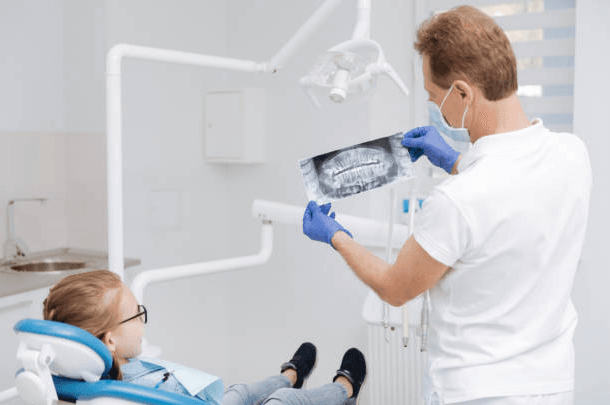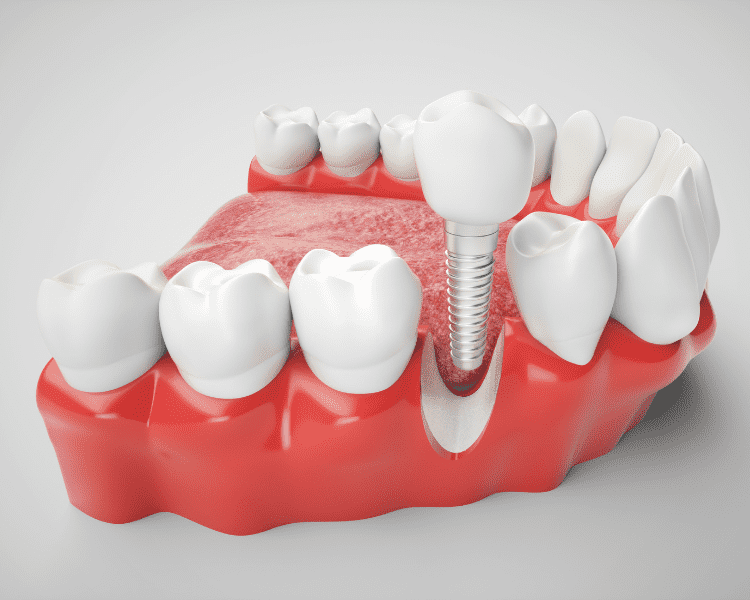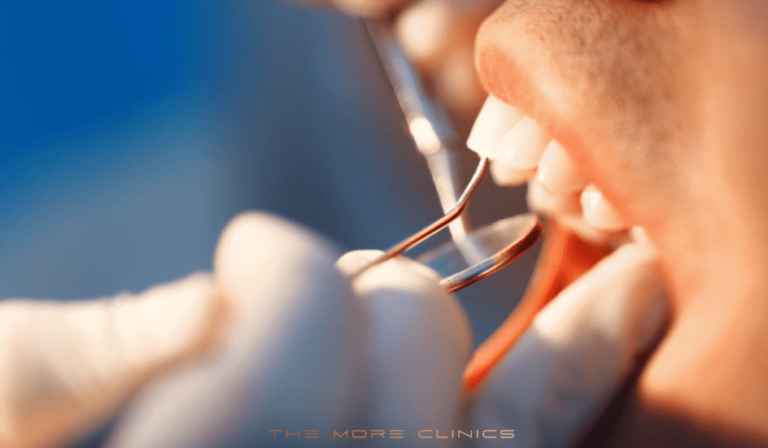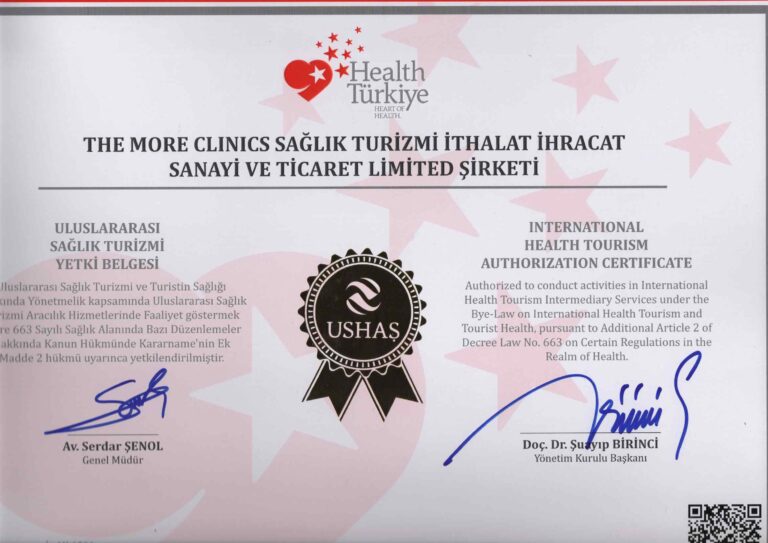All-on-4 Dental Implants: An Innovative Approach to Treating Missing Teeth
Dental restoration has undergone an advancement because to all-on-4 dental implants, which provide people who were missing most or all of their teeth with a solid, long-lasting, and visually stunning alternative. This novel method combines cost, efficiency, and usefulness by offering a complete set of artificial teeth that depends on just four implants per jaw. Here is a thorough explanation of the operation, advantages all on 4 dental implants and outcomes of All-on-4 implants.
All-on-4 Dental Implants: What Are They?
All-on-4 is a full-arch dental implant method that uses four carefully positioned titanium implants to replace a whole row of failing or missing teeth. The method, created by Nobel Biocare, is intended to optimize the bone’s natural structure and, in the majority of situations, eliminate the demand for a bone transplant.
While the two implantation at the rear of the mouth are angled at a roughly 30- to 45-certificate inclination, the two at the front are positioned horizontally. This orientation supplies an adequate basis for the fixed prosthesis by increasing its proximity to bone, particularly in regions with reduced bone mass.
Who Makes a Good Applicant?
All-on-4 dental implants are appropriate for those who:
have lost the majority or all their wisdom teeth.
Have severe gum recession or decay of your teeth?
Want a long-term solution yet wear detachable dentures?
possess enough jaw bone to sustain implants, despite some bone loss.
are healthy overall and free of illnesses that hinder their ability to recover.
To find out whether All-on-4 is the best option, a comprehensive dental and medical assessment is necessary beforehand to the treatment.
The Method: Detailed Discussion and Radiology
To assess the anatomy of the bone and accurately plan placement of implants, the dentist starts with a thorough assessment, digital X-rays, and 3D imaging (CBCT scan).
Planning for Treatment
A personalized plan of therapy is developed after considering the drawings and scans. In order for the replacement to be installed on the day of surgery, it is often pre-made.
Placement of Implants
Four implants are placed into the jawbone during the procedure. Depending on the intricacy and patient request, this is usually performed under anesthesia with general anesthesia, unconsciousness, or local anesthetic.
Prosthesis Attachment Right Away
Because an interim row of teeth is often affixed on the identical day, the All-on-4 technique is sometimes referred to as “teeth in a day.”
Both The integration of o and Healing
Osteointegration is a technique by which the implants integrate with the jawbone over the course of the next three to six months. The final, specially designed permanent prosthetics is inserted after the wound has healed.
All-on-4 Implant advantages
Non-Removable, Fixed Teeth
All-on-4 implants, in contrast to conventional dentures, are firmly anchored in place, preventing pain or sliding.
Instant Outcomes
On the same day after surgery, patients frequently leave the dental practice with a whole set of functioning teeth.
Better Speaking and Swallow
All-on-4’s comfortable fit and powerful biting force allow for regular eating and communication, which enhances the standard of life in general.
Enhancement of Aesthetics
The prosthesis restores the structure of the face and increases self-confidence by feeling and looking like real teeth.
Bone Preservation: By stimulating the jawbone, implants can stop the bone loss that usually results from prosthetic or wisdom teeth.
Economical
It is often less expensive than inserting separate implants for each lost tooth since only four implants are required per jaw.
Possible Negative Effects and Things to Think About
Despite all of its benefits, the All-on-4 technology has many drawbacks.
The patient cannot remove
Some people may find the dental appliance bothersome since it is fixed and only a dental professional may remove it.
The first outlay of funds
Despite being less expensive than alternative full-arch solutions, the initial outlay may still be substantial.
Potential Issues
Although they are very uncommon, infections, implant failure, and healing problems are possible with any operation.
Excellent oral hygiene is necessary.
For the implants to last a long time, maintaining proper dental hygiene and going to frequent checkups are essential.
Longevity and Aftercare
All-on-4 implant-supported teeth have a 20-year or longer lifespan when properly maintained. It is crucial to brush, floss, and have expert cleanings on an ongoing basis. Additionally, physicians advise against eating anything slippery or hard, particularly while the tooth is recovering. Avoiding cigarettes is advised since it might hinder recovery and raise the possibility of malfunctioning implants.
Conclusion
For those who have lost most or all of their teeth, all-on-4 dental implants are a game-changer. They provide a pleasant, long-lasting, and realistic-looking substitute for detachable dentures. All-on-4 is becoming more and more well-liked as one of the best full-mouth restoration techniques on the market right now since it requires less implants, has faster recovery times, and produces results right away.
All-on-4 could be the answer you’ve been looking for, regardless of whether you’re having trouble with insecure dentures or have been informed that you are not a good candidate for conventional implants because of bone loss. To determine if implant dentistry is best for you, speak with a skilled dentist.
This article is medically not rewieved yet.







